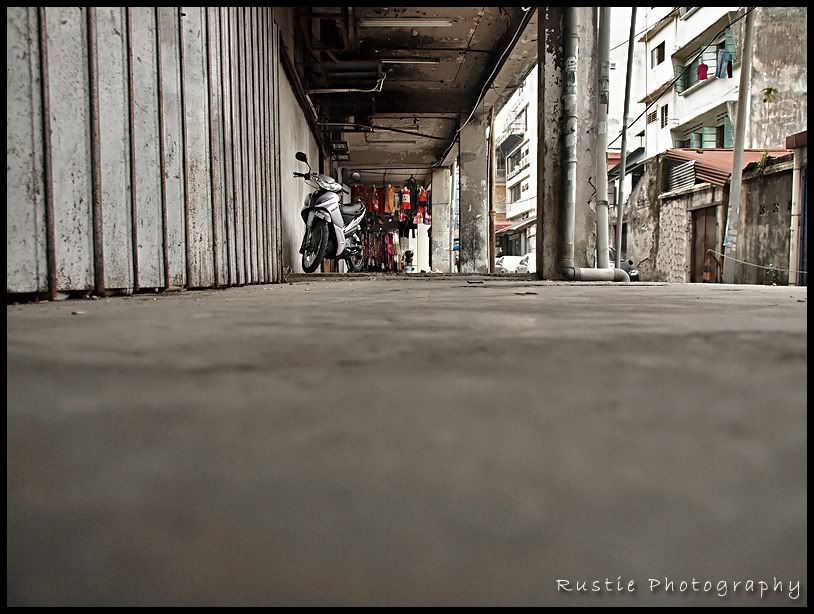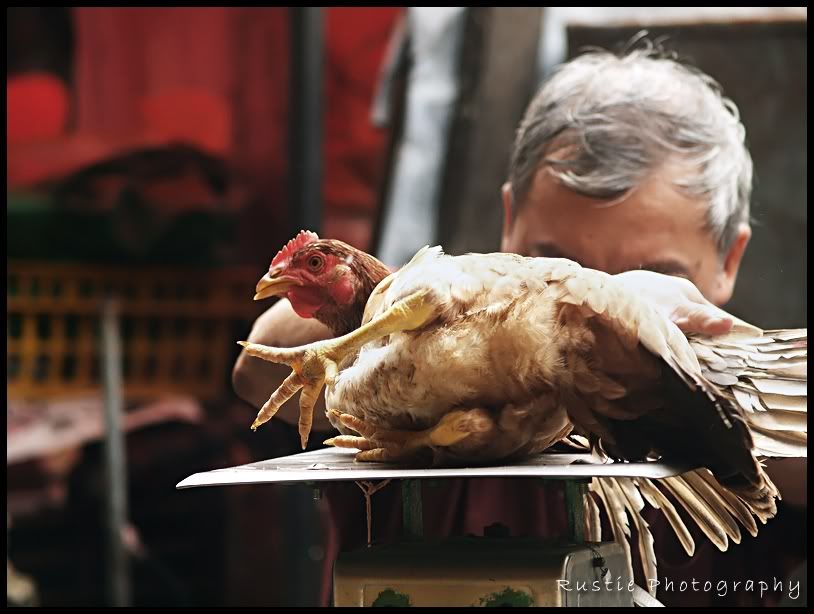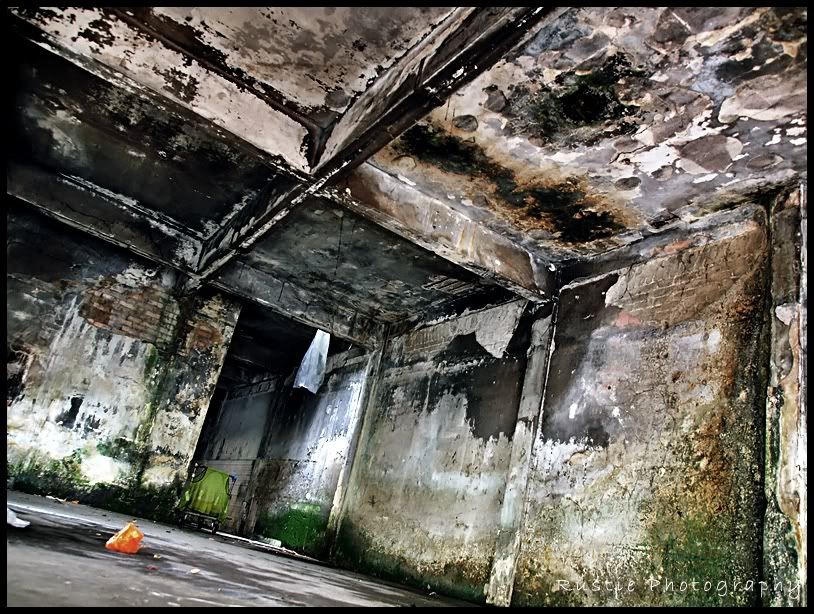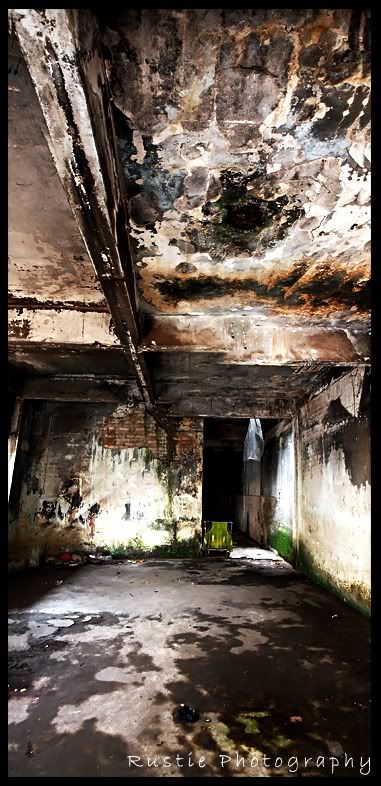
Society is disillusioned with the assumption that pictures are perfect; that is, that what is captured on camera is as objective and truthful as anything can be.

The camera, so to say, is simply a portable extension of our eyes that captures images we may otherwise never see, and freezes them into eternity for our scrutiny.

A photograph speaks a thousand words, but how many of them are truthful? Photography narrows our perception of the world.

A photograph, while depicting visuals that may otherwise never be seen except by those who witness them, only shows the world on a superficial level, thus making the cast of our glance all the more narrow. As the audience, we are at the mercy of the artist.

Photography leaves much to the imagination. To the ignorant viewer, a photograph is but a scene. It is up to the mind of the individual to discern what events are partaking, what emotions are being felt, what words are being said, and what is happening behind what may well be a propagandistic facade. The limit of photographic knowledge of the world is that while it can goad conscience, it can, finally, never be ethical or political knowledge.

A photograph is often a representation of what one wants you to see. A photo can only delve so deeply. It is knowledge, but knowledge at bargain prices. What you see is what you get.

Photography makes us feel that the world is more available than it really is. Not everything is at it seems. One's understanding of the world is not furthered by the presentation of photographic evidence, rather than photographic evidence is furthered by one's understanding.

Photographs do not show us reality, but leave reality to our interpretation. While photographs fill our mental blanks, we learn what things look like and not necessarily what they mean.

If photographs provide any true knowledge, it is that of a visual stimulus, a superficial comprehension that barely scratches the surfaces. What would photographs be without captions? Merely anonymous pictures of anonymous things, anonymous places, and anonymous people.

Photography as art stems from the creative vision of the photographer.

If the photographer intends to capture a moment in time to document a birthday party or an event, that photographer will probably create a wonderful photo album to remember that day, but he/she probably won't consider their photography art or even care if anyone else does. The same holds true for photojournalists and commercial photographers. Their photography is a means to an end.

However, the photographer of fine art considers the camera in the same manner as a painter considers his brush. Essentially the fine art photographer creates art by painting with his camera.
Share







No comments:
Post a Comment